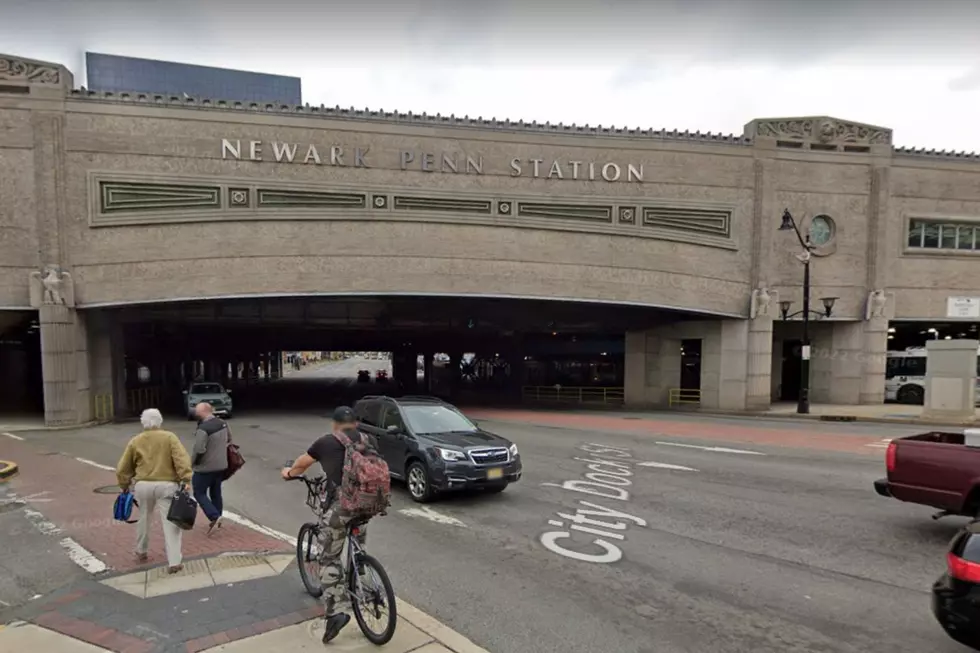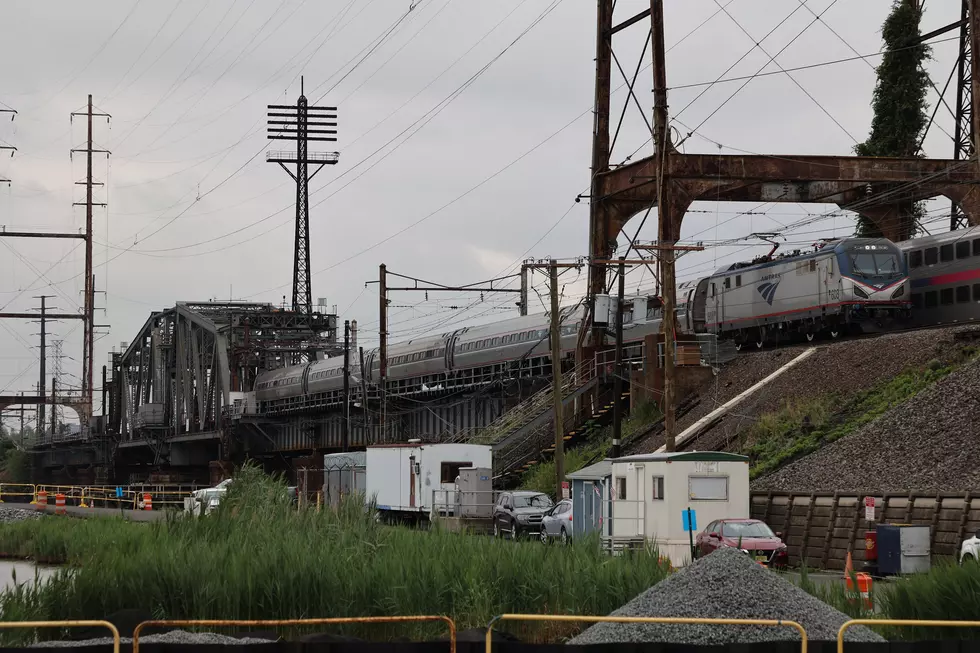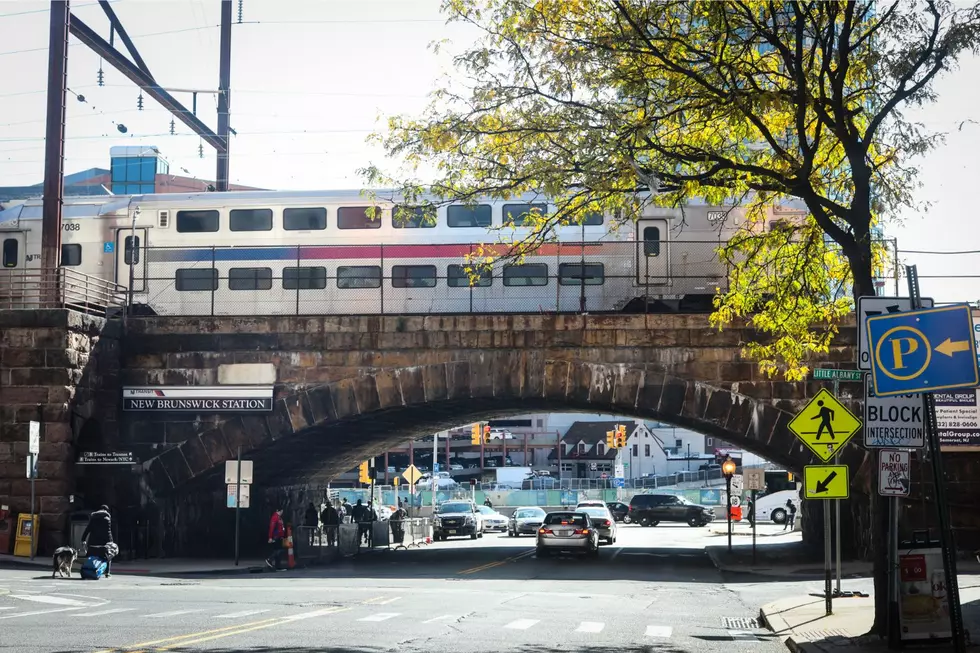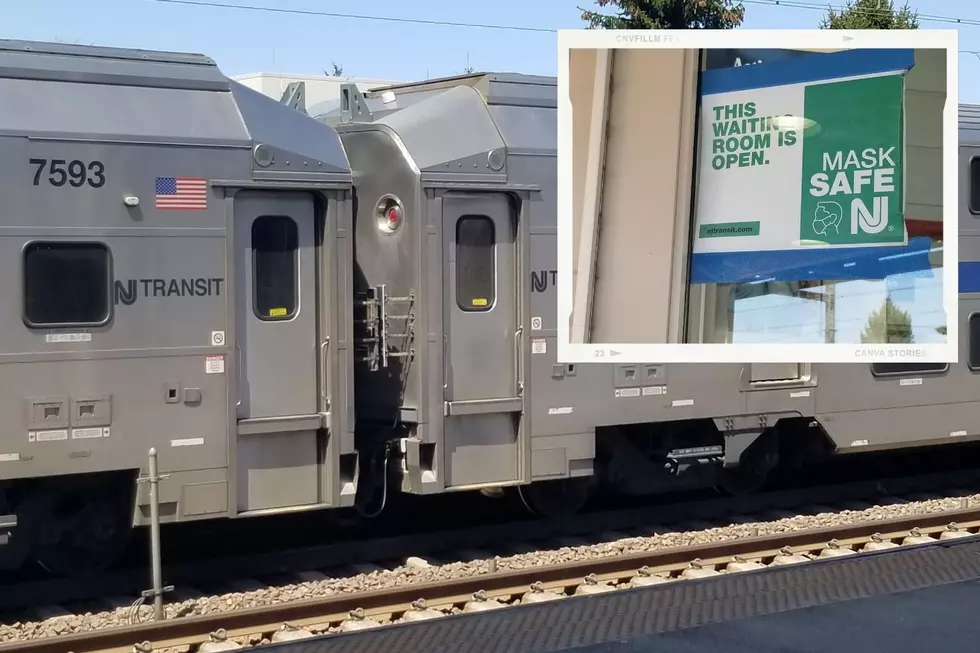
Bay Head residents want to save Twilight Lake from NJ Transit project
"Save Twilight Lake from NJ Transit." Those signs can be seen all over Bay Head as residents fight to save their precious lake in the wetlands from a substation project currently under construction.
Ellen Nolan, representative of Concerned Citizens of Bay Head, said after Superstorm Sandy in 2012, it was determined that NJ Transit lacked resiliency to weather future storms. So they came up with a resiliency plan and were granted $24 million from the Federal Transit Authority to construct a substation in Bay Head to replace what was lost in the storm.

Nolan said if it were a matter of replacing in the same spot, residents would most likely be OK with the project, but that is not what is happening.
Instead, NJ Transit is constructing the largest building on the Barrier Island on the edge of Twilight Lake in the wetlands. She said wetlands are important because they are habitat to several endangered and threatened bird species, such as the osprey, which are nesting on the NJ Transit site. They are a protected bird under The Endangered and Non-Game Species Act of 1973.
Wetlands mitigate flooding. After a storm, roads are impassable around Twilight Lake. So any disturbance to the wetlands is a concern to citizens, she added.
Part of the project calls for dewatering of industrial brown water from a historically contaminated site into Twilight Lake, said Nolan. NJ Transit has been seeking a permit from the Department of Environmental Protection to discharge 50,000 gallons of water per day for one year into the lake. Nolan said she and others were very vocal about this at two virtual meetings held by the DEP, which gave residents the opportunity to voice their concerns.
Twilight Lake is not just a catch-basin in an industrial area, said Nolan. It's a thriving lake where residents and summertime visitors swim, fish, kayak and watch the sunset. "It's the centerpiece of the Bay Head community," she said.
"Under the National Environmental Policy Act, the Federal Transit Administration decides what level of environmental review is appropriate for projects based on their potential impact. The Bay Head Yard Substation project qualified for categorical exclusion, which is a level of environmental review, and does not mean there was no review or analysis. NJ Transit did submit a report on potential environmental impacts for the Bay Head project. The submittal was consistent with the requirements from the FTA for this type of project."
Nolan said NJ Transit has a proposal in its five-year capital plan to refit rail cars with batteries, making them a quieter, cleaner mode of transportation.
This would also enable NJ Transit to connect the lines at Long Branch where commuters currently have to change trains to the electrified lines. This would make it a continuous ride to New York Penn Station. The battery-powered trains would recharge when they switch over to the electrified lines, she said.
"So what we're advocating right now is that the $24 million designated for the substation be re-allocated to the $26 million estimated for the battery-pilot project. New Jersey's strategic plan is to convert to 100% clean energy. There's no time like the present to get started," said Nolan.
Construction of the substation has already started. But Nolan said concerned citizens are working with elected officials to advise them of what's going on in Bay Head and try to get the project re-evaluated.
NJ Transit has released a statement stating they are following proper protocol on the project.
When Ocean and Monmouth County Police saved the day
More From Beach Radio










